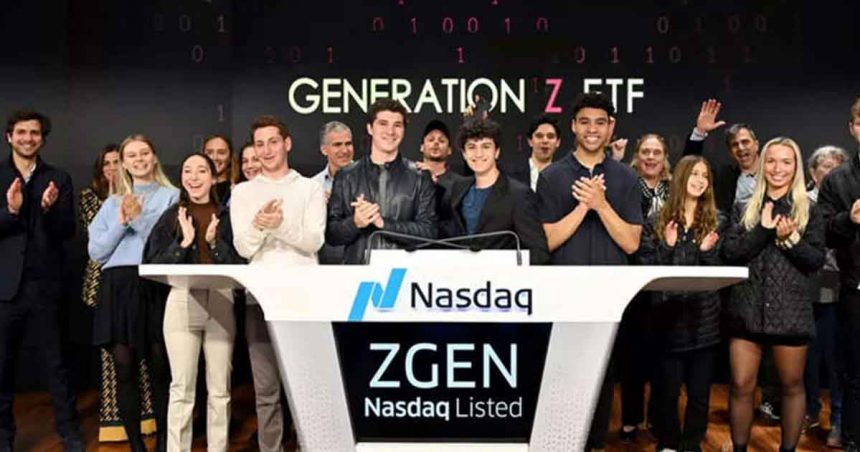Every new generation brings a fresh perspective and unique values to the workforce. However, Gen Z has faced criticism for being perceived as entitled and toxic in the workplace. Employers have expressed concerns about their reliability, work ethic, and behavior, leading to tension in the workplace. Recent surveys and discussions with HR consultants and labor activists shed light on why employers see Gen Z as toxic in the workplace.
1. “Gen Z Isn’t Reliable”
According to the latest Freedom Economy Index report, 68% of small business owners consider Gen Z the “least reliable” among their employees. This perception raises doubts about their commitment to work responsibilities and meeting deadlines consistently.
2. Workplace Mental Health Issues
The report also highlights that 71% of surveyed employers believe Gen Z workers are prone to experiencing mental health issues at work, raising questions about their well-being and resilience in demanding environments.
3. Expectations of Entitlement in Gen Z
Some employers have noted frustration over perceived entitlement among Gen Z, with some expecting promotions for merely showing up to work. This disconnect may suggest a mismatch between their expectations and traditional concepts of career advancement based on merit.
4. Risk of Lawsuits
There are concerns about Gen Z’s attitudes towards workplace lawsuits, with 57% of surveyed employers identifying them as the group most likely to create legal challenges. This underscores the importance of creating a workplace culture that mitigates such risks.
5. Gen Z Doesn’t Like Company Culture
There is a visible dissatisfaction with company culture among Gen Z employees, with less than 4% of surveyed employers believing they align with their workplace culture. Addressing cultural fit and employee engagement is crucial to cultivating positive work environments.
6. Quiet Quitting
The rise of “quiet quitting” among Gen Z indicates a reluctance to go above and beyond their job responsibilities. This trend challenges traditional notions of employee loyalty and emphasizes the importance of work-life balance and personal well-being.
7. Misunderstandings and Misconceptions
HR consultants stress the importance of understanding how Gen Z entered the workforce during times of economic instability and technological advancements. Misconceptions about their values and motivations contribute to negative perceptions in the workplace.
8. Gen Z Embraces Change and Activism
Despite criticism, Gen Z approaches work with a desire for meaningful change and activism, particularly concerning workplace injustices and workers’ rights. Their proactivity signals a shift towards more inclusive and socially conscious work environments.
In conclusion, depicting Gen Z as toxic in the workplace is a complex issue influenced by generational differences, societal changes, and workplace dynamics. Employers should strive to engage and understand the next generation, adapting practices to accommodate their evolving needs. Embracing diversity, promoting transparency, and prioritizing employee well-being are essential for fostering a collaborative and respectful work environment as Gen Z continues to advocate for change.






